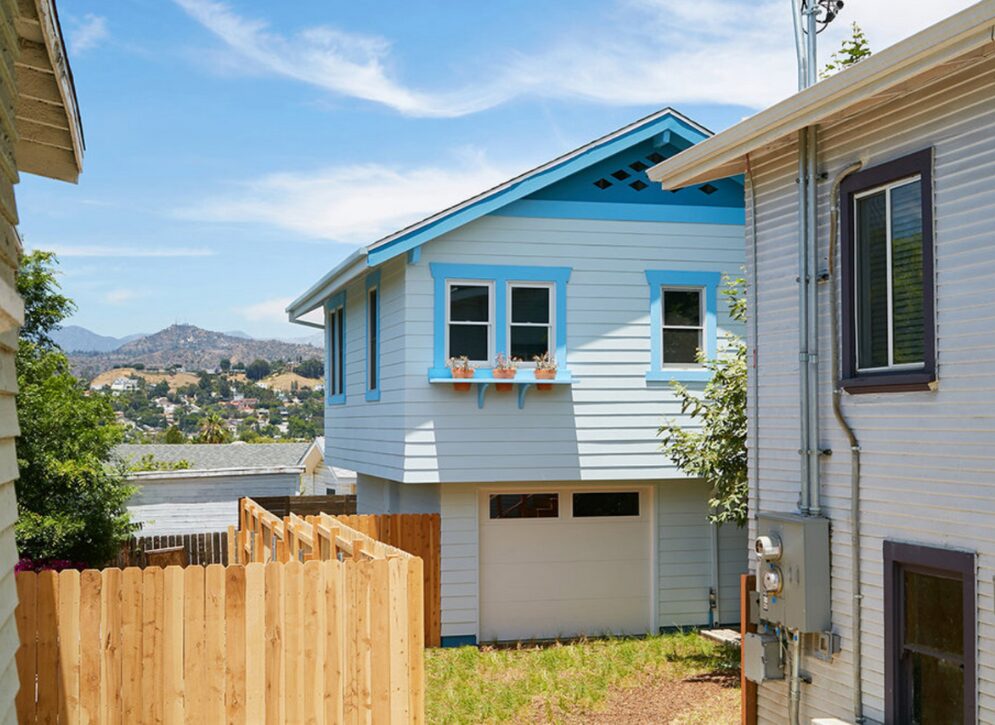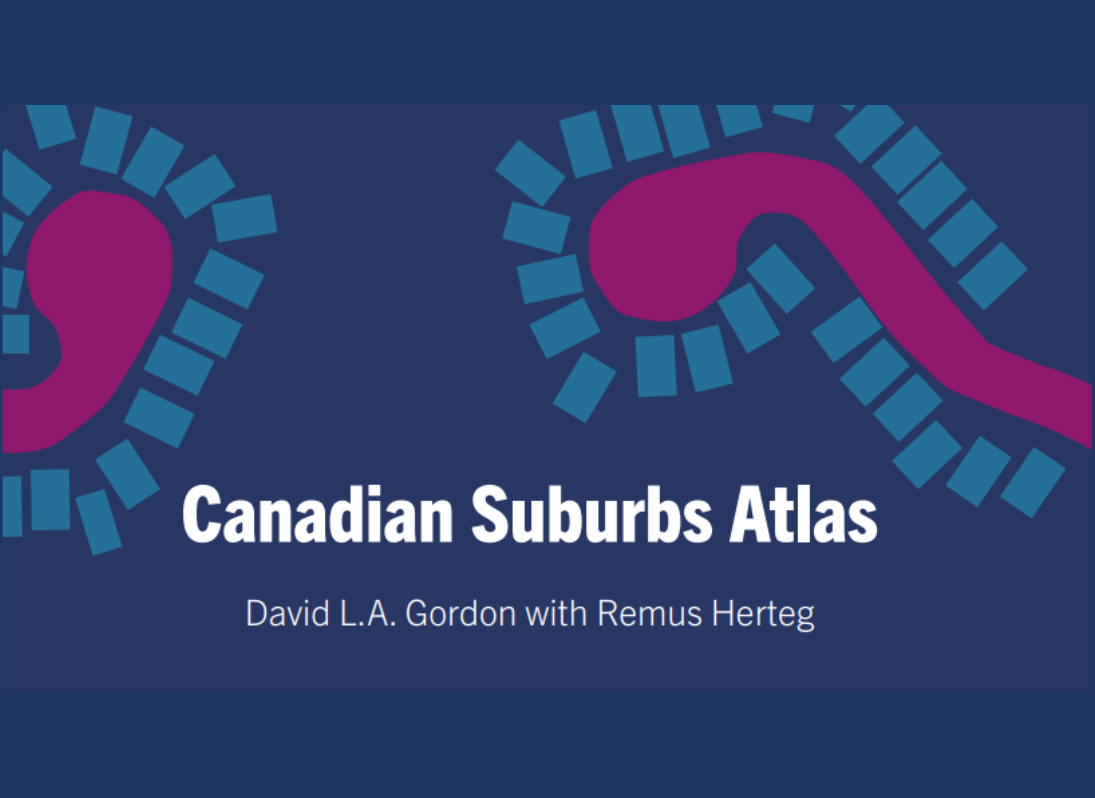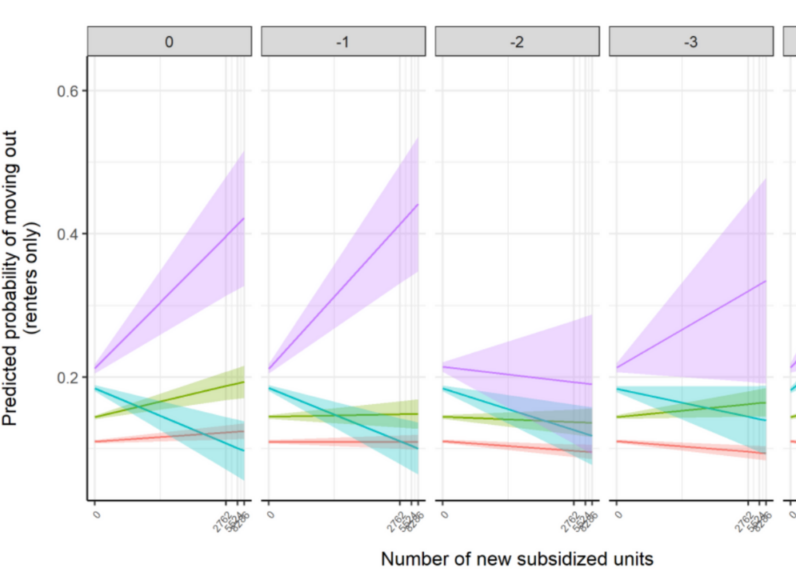By Julia Greenberg, Hannah Phalen, Karen Chapple, David Garcia, and Muhammad Alameldin
UC Berkeley Center for Community Innovation and the Terner Center for Housing Innovation
August 2022
The report investigates the impediments faced by low- and moderate-income BIPOC (Black, Indigenous, and People of Color) households in California in constructing Accessory Dwelling Units (ADUs). It reveals that while ADUs offer a promising solution to the housing crisis and potential wealth accumulation, significant barriers hinder their construction among marginalized communities. Through focus groups and interviews with homeowners across the state, key obstacles emerged, including high costs, limited financing options, complex processes, inadequate local support and information access, ambiguous regulations, and concerns about tenant management and unit compliance.
To address these challenges, the report advocates for targeted policy interventions. Recommendations include investing in community organizations to provide education and technical assistance, urging governmental agencies to reduce fees and streamline permitting processes, and promoting solutions for bringing unpermitted units up to code. Recognizing that these barriers impact a broader spectrum of homeowners, the report emphasizes the need for inclusive policy solutions and further research to tailor interventions to specific racial and ethnic communities. By dismantling these barriers, policymakers aim to foster equitable access to ADU construction and its benefits across California’s diverse population.









